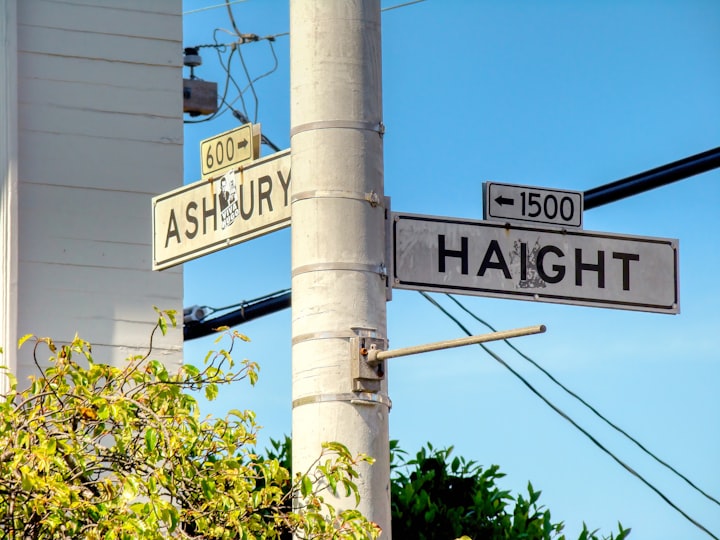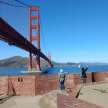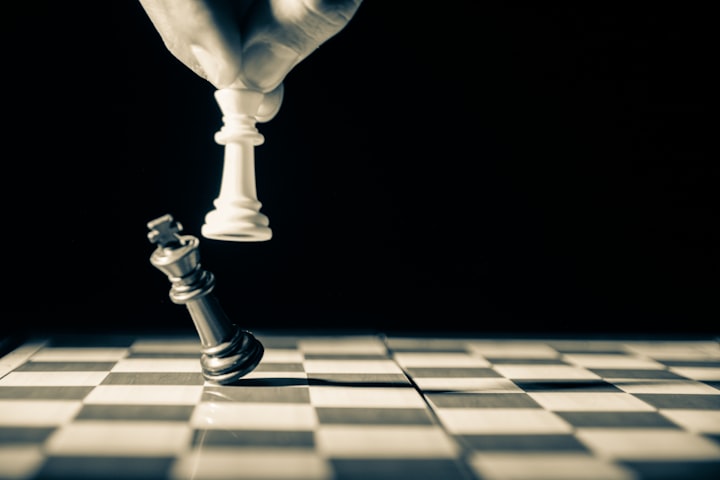
It was the Summer of Love in San Francisco in 1967, and we who were there remember it all like it was yesterday. It was the era of Flower Power, and I was graphically reminded of it the other day when I saw a stunning Facebook collection of photos from that actual time and place, now sealed away forever in our memories and our hearts where it remains forever young, fresh, and vibrant.
To quote Charles Dickens, “It was the best of times, it was the worst of times.” The best of times because of the hope and promise and vitality of a whole generation of youth, the worst of times because of the constant nightmare of war in some faraway place called Vietnam that our American government was pursuing for all the wrong reasons.
If only I had owned a cell phone camera (which of course hadn’t even been invented yet), or even a Brownie Hawkeye back then! To have taken snapshots of all the faces, all the places, to remember better all the traces of a time now long gone, buried in a time capsule of memories, of the way we were. But the important thing is, we WERE there, and we did make a huge difference.
Looking back on those days from the present perspective of 2022, we were actually quite technologically primitive. To the best of my knowledge, there was not even cable tv, not that anybody hip watched television anyway!
No, we all listened to underground FM radio instead, which was itself new, radical, and groundbreaking at the time. Besides all the cool music, it gave us just enough news of the world to make us realize how lucky we were to not be involved in it anymore.
There were certainly no cell phones, computers, Ipads, Kindles, tablets, etc. Because nobody had ever even thought of the internet as a concept back then except for a few scientists. No, it was all about a simpler place and time, and there was that war raging somewhere in far-off Asia in a place called Vietnam.
None of us had ever even heard of this place before, but none of us who were around back then would ever forget it afterward. We protested against it, some of us more active politically by marches and sit-ins. Most of us reacted more passively by just turning on, tuning in, and dropping out as advised by Timothy Leary.
We dropped out of the mainstream of America in the 1960s as the proxy war in Vietnam raged on. Vietnam was a really personal issue, because the delusional government was actually trying to draft young men and ship them overseas to a country nobody had ever heard of in defense of democracy. Or at least their twisted idea of democracy.
One of the principal government architects of the Vietnam war was Secretary of Defense Robert McNamara, who much later belatedly admitted was an outright mistake. But at the time, all the politicians were hot and heavy about drafting every young man they could to fight this absurd, politically motivated war.
How do you convince somebody who just dropped 500 mikes of Owsley acid and then went to a concert at the Fillmore or the Avalon and saw Janis Joplin or Grace Slick or Jerry Garcia and the Grateful Dead that it was a good idea to give all that up for a long ride to a short life in the middle of a steaming hot tropical jungle, put in a position of kill or be killed?
To say goodbye to your old lady, maybe kids, all your friends and give up all those foggy summer days and chilly summer nights in the Summer of Love in 1967? Where every minute of every day was alive and vibrant and infused with the reckless vitality, the hope and promise and strength of youth.
It made absolutely no sense at all. So we turned to Flower Power as our way of expressing our feelings and beliefs, our resentment at being considered so stupid. Our response to this attempt at forced government manipulation of our private lives was considered kidnapping.
The rallying cry at all the protest movements was “Hell no, we won’t go!” It wasn’t going to happen, the old “my government right or wrong” mentality was being phased out. As cultural icon Muhammad Ali famously said when they tried to draft him “I ain’t got no quarrel with them Viet Cong.”
But most of us were not activists, we were a remarkably apolitical mass of young people, and we just wanted to be left alone to live our lives.
Sex, drugs, and rock and roll were our mantra. These elements comprised our value system and got us through the difficult times, and we believed that love was the only drug that really mattered.
The music we listened to had a huge, major impact on our lives, and all of the bands were anti-war. The peace sign was being flashed a hundred times a day, it was a greeting, a farewell, and an affirmation of our way of life.
Being actively peaceful was reflected in our daily lives. We met and mingled and shared and cared about each other. We panhandled tourists and straights, we sold each other drugs on the street to keep ourselves going.
We shopped at the Digger’s Free Store on Waller street or ate free food at the Digger’s once-a-day mass feedings in the Panhandle right off Haight street and in Washington Square in North Beach. For some of us, it was the only meal of the day.
North Beach itself had once been the cultural center of the beatniks, the hippie forerunners and spiritual mentors who first planted the seeds of rebellion and questioned the ultimate authority of the government back in the 1950s.
But back as early as 1966 the mass migration from North Beach to the quiet, peaceful working-class neighborhood of the Haight Ashbury, snuggled right up next to the beautiful Golden Gate Park, was already happening. The Gathering of the Tribes in January of 1967 in the park marked a turning point in the social revolution that once put into motion could never be reversed.
This was where it all really began, and this was the beginning of the end for the old-style regimented governmental way of thinking, the antiquated “America, Love it or Leave it” mentality. Leave it? Hell No! This was OUR country and it had strayed off course.
We hippies decided to fight back with Flower Power. Peace, love, and non-violence were the new order, and we embraced these concepts fully and completely. By the Summer of Love in 1967, the Haight Ashbury became ground zero for the hippie movement.
Now, almost 55 years later, we can see that the quiet revolution we started back then in the Summer of Love has changed mainstream America in so many ways from what it was back then to what it is now.
There is still a lot of fixing to be done, to be sure, but our generation was the first to stand up and be counted, to say NO to blind obedience to misguided government policies. Through our collective efforts, we changed the direction of an entire society.
I also will never forget my roots and Flower Power in the Summer of Love in San Francisco in 1967, and how we transformed an entire country and its thought processes through the power of love. Again, Dickens said it best. “It was the best of times, it was the worst of times.”
Peace and love!
Get an email whenever John Whye publishes.
About the Creator
John Whye
Retired hippie blogger, Bay Area sports enthusiast, Pisces, music lover, songwriter...






Comments
There are no comments for this story
Be the first to respond and start the conversation.